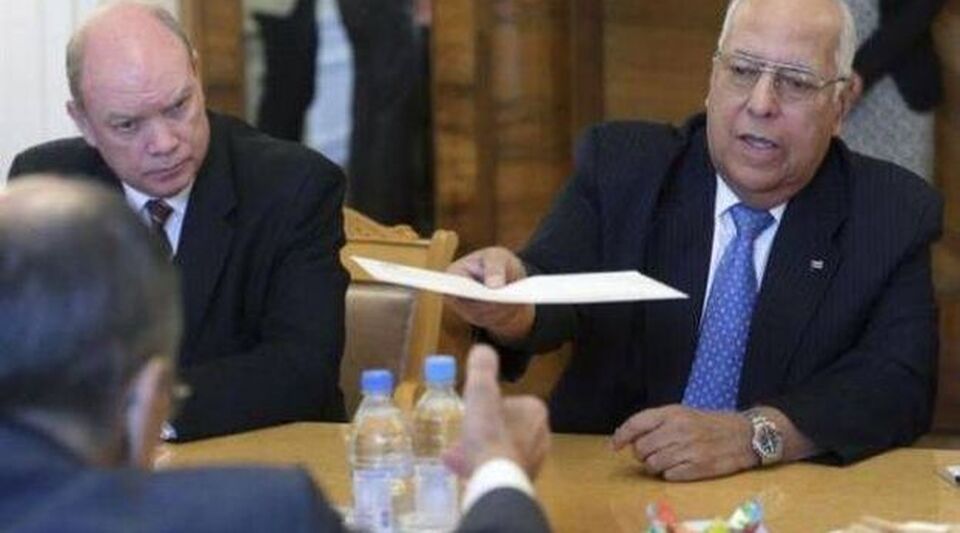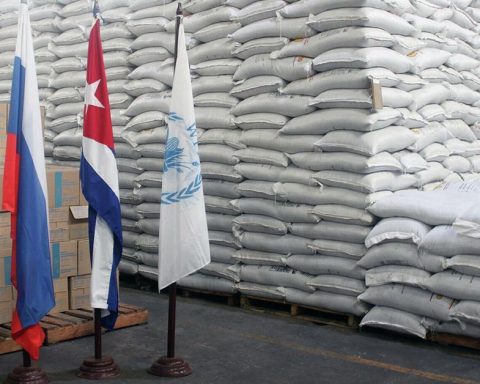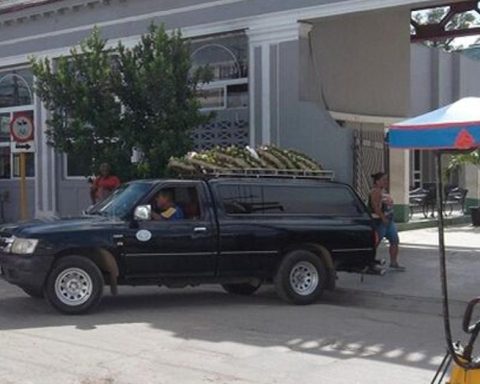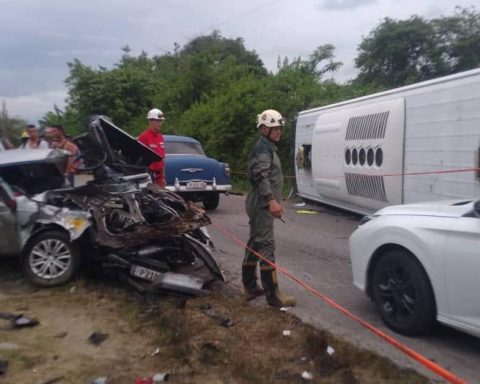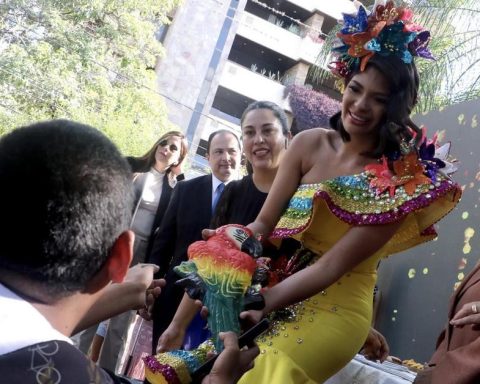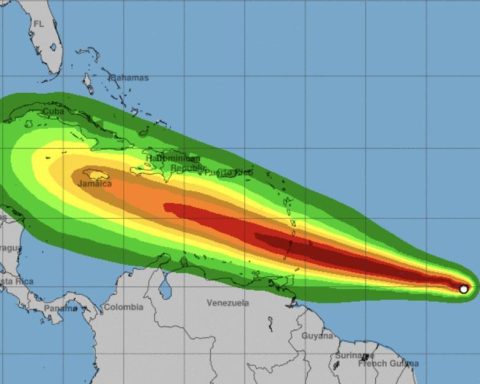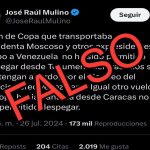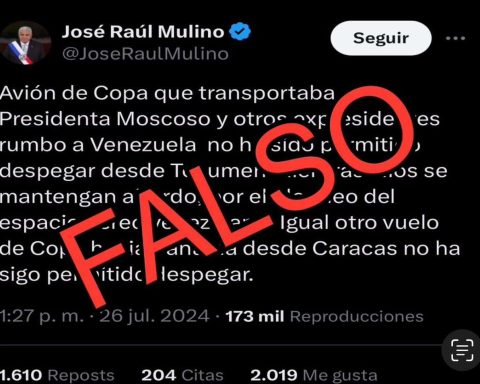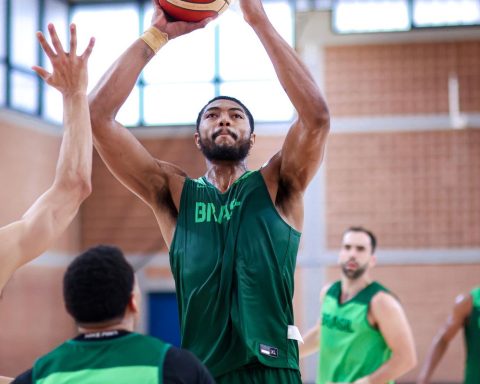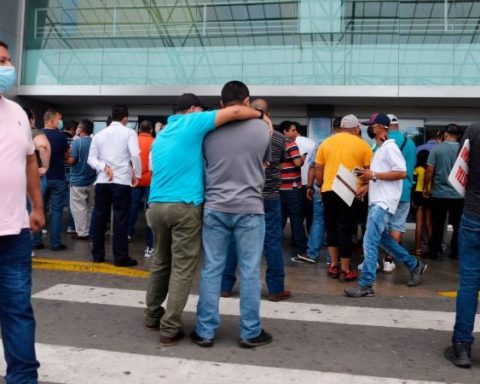The option of resolving Cuba’s external debt with the transfer of national resources to foreign companies, defended this Wednesday by the official professor Juan Triana Cordovihas been refuted by the economist Pedro Monreal. What the former considers a method to refinance and “revitalize” socialism on the Island, for the latter involves the risk of “being insufficient and undermining sovereignty.”
Triana, who teaches Economics at the University of Havana and writes a column in the middle OnCubaraises the need to renegotiate the island’s debt and clean up the image of the country, which has become “one of the highest risk in the region” in terms of investment.
To this end, he suggests that, in a hypothetical negotiation, one could use the “assets” that in theory belong to the “people of Cuba”, although they are specifically managed by their “administrator”: the State. Triana refers, first of all, to the hotels, which she prefers not to hand over completely to foreign companies, but to make them the owners of “part of the shares.”
It also alludes to the 2,417 state-owned companies, of which, he calculates, only 12 (0.4% of the total) are really “strategic” and carry the weight of the national economy. Triana recommends that these companies that “decide the game” do not touch each other, partly because some of them are already shared with foreign entities: this is the case of the Canadian Sherritt International – whose debt to the Island is paid with the overexploitation of Cuban mines of nickel and cobalt–, Havana Club –managed together with the French company Pernod Ricard– and Habanos, which is partly owned by Spain.
Triana recommends that these companies that “decide the game” do not touch each other, in part because some of them are already shared with foreign entities.
The negotiation would be made with the rest of the state companies, which could be saved from their financial mediocrity if they were shared with foreign investors, who would work, without meaning to, to “save” socialism on the Island.
To these two elements, Triana adds the idle land and barren lots in the cities, where there are already “several buildings built by capitalist real estate companies” –such as the Miramar Business Center–. The asset swap formula, the professor acknowledges, could be questioned, but after all, he concludes “something that began more than thirty years ago when that first deal was signed with a foreign capitalist and in just a few months the first hotel was born five stars in Varadero”.
However, Triana does not place the key to taking the step in the will of the State, which conveniently blocks the economic movements of the country, but in the “consensus” with the people, to whom he recommends “explaining” what is intended to be done.
Precisely from this erroneous argument – assuming that the Cuban people have some control over the management of the national economy – Monreal starts to refute Triana’s suggestion. In a series of Twitter threads, the economist exposes not only why the massive asset swap to pay off the debt is impracticable, but also the serious political risk it entails for Cuba.
Affirming that the people own state assets is, at the very least, a “controversial” assumption when reasoning about the possibility of an economic opening. “Power,” says Monreal, means the ability to “decide a difference” and have specific “property.”
Affirming that the people own state assets is, at the very least, a “controversial” assumption when reasoning about the possibility of an economic opening
“The exercise of the power of the people, specifically of wage earners, could hardly be validated within the framework of an economic package such as the ‘regulation’ that has ‘compressed’ wages and disproportionately burdens the cost of adjustment on workers,” summarizes Monreal. “Explanations to the people are problematic when politically they are treated as ‘clay’ to mold and not as an active subject (citizens) with the effective capacity to promote or stop public policy proposals.”
In addition, the Cuban people do not have “effective citizen spaces to criticize the Government,” which makes it impossible for them to participate in decision-making.
The economic aspect of the problem is even more serious, and to analyze it, Monreal refers to the data that reflect the great “scale” of the Cuban external debt, whose “recent worsening” leaves very little room for action, even for the State.
The economist starts from a central and unquestionable argument: “Cuba’s accumulated external debt is today greater than the Gross Domestic Product”, and the hyper-devaluation of the Cuban peso in 2021, after the Ordinance Task, was the final blow in the capacity of the country to assume the reimbursement in the current situation.
The country had to disburse 1,606 million dollars to pay the debt service in 2022, at the same time that it registered a deficit of 1,629 million in its current account, which reflects a total income (exports of goods and services) lower than the bills. This alarming data points to a “severe contraction of resources” to face the debt.
The growing deterioration of the current account has repercussions on Cuba’s foreign exchange reserves, Monreal points out. In addition – and although the official data provided by Havana is out of date – the current crisis precedes the coronavirus pandemic, one of the regime’s usual pretexts to justify the impoverishment of the country, and is related to a “sudden increase in debt to short term”, which complicated the conditions of payment to creditors.
The stagnation put Cuba between a rock and a hard place vis-à-vis international banks and their suppliers, including the Paris Club
That stalemate put Cuba between a rock and a hard place vis-à-vis international banks and their suppliers, including the Paris Club. The information published by the latter body exposed the different renegotiations that the Havana regime was forced to do with its creditors since 2020.
Seeking a payment solution based on the exchange of assets is economically dangerous, Monreal says, especially because, considering the scale of the problem, what Cuba can offer is “relatively small.” For this reason, he insists, the true balance of such a measure would be paid politically and would not free Cuba from its status as an “international pariah” due to its economic discredit.
What remains for Cuba – which has already handed over, as Triana observes, its “crown jewels”: minerals, tobacco and rum – are health services, communications, the domestic market in dollars and its control over remittances. from the outside. The Cuban state is constrained, Monreal argues, in trading these remaining assets, in part because it has always kept them under tight control.
The alternative could be, Monreal proposes, the agricultural sector: promoting private agricultural production to guarantee the supply of food
The market in pesos remains, which would have to be “sweetened” in order for it to have any attractiveness for foreign investors, through tax privileges. However, this process would be an obstacle, the economist considers, if one wants to progressively “privatize” state companies, a process –recalls Monreal– characteristic of all the reform processes initiated by the communist parties in power, “with disparate results “.
The alternative could be, Monreal proposes, the agricultural sector: promoting private agricultural production to guarantee the supply of food in national currency and allow producers to carry out operations, even with large companies outside the Island.
This transfer of state agricultural assets to the national private sector – a system that Monreal calls “concerted” – could be beneficial, if accompanied by other measures, to reduce foreign debt. The result? A double benefit: to guarantee the food sovereignty that Cubans long for and, in short, to protect national sovereignty.
________________________
Collaborate with our work:
The team of 14ymedio He is committed to doing serious journalism that reflects the reality of deep Cuba. Thank you for accompanying us on this long road. We invite you to continue supporting us, but this time becoming a member of our newspaper. Together we can continue transforming journalism in Cuba.
